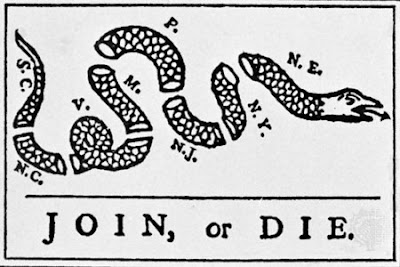So, I'm trying to start up a school club -- the "Owning Our Ignorance" club -- devoted to fun and logic, in that order. I've put up a blog for it over here.
Check it out. Please join if you're interested.

PHIL 101-33 & 101-80
Burlington County College
Fall 2007

Here are some links that are loosely related to the stuff on Utilitarianism that we are studying. Most of these deal with psychology. There's a lot of psychological research on happiness popping up lately. The first link is an overview of the psychology of happiness:

Here are some links on ethical relativism. The first is an interview with a moral psychologist who supports a sophisticated version of ethical relativism.

Explain and philosophically defend your opinion about God. Do you believe God exists? Doesn't exist? Are you agnostic? By "philosophically defend" your opinion, I mean present an argument for why you believe what you believe. Feel free to use one or more of the arguments we've discussed in class. You can also come up with your own reasons.
Also, briefly say whether your opinion about God has changed at all after this section on philosophy of religion in this class. Have your reasons that support your opinion about God changed?

There's a philosophy comic strip that ran a whole series on the ontological argument that god exists. Here are links to the comics:

Reading Response #2 is due at the beginning of class on Wednesday, October 17th (for the Holy Cross class) or Thursday, October 18th (for the Tuesday/Thursday classes). The assignment is to write a 250- to 500-word essay in which you address the following:
In your own words, explain what you think the best version of the cosmological argument is. Then philosophically evaluate this version.As a reminder, we are discussing three different versions of the cosmological argument in class: (1) Thomas Aquinas's "first cause" version, (2) an abductive (inference to the best explanation) version, and (3) Richard Taylor's version. Aquinas's and Taylor's versions are in the textbook, but we're only talking about the abductive version in class.




What does Descartes say he cannot be certain of? What does Descartes say he can be certain of? What are his arguments for this? Do you agree with Descartes? Why or why not?The response is based on the Descartes reading from pages 58-71 of the textbook.

